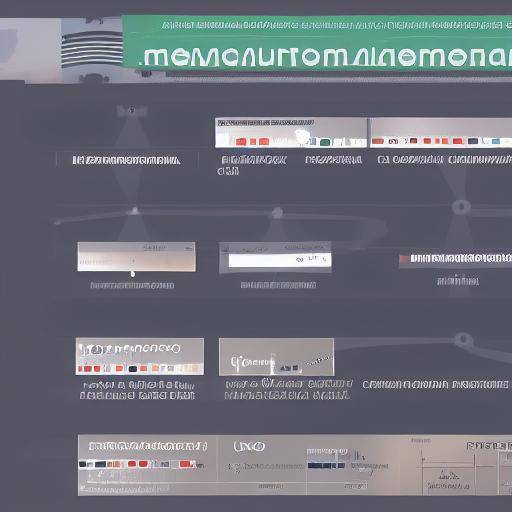
Personal relations are a fundamental part of human life. Connecting with others, whether in personal or professional fields, directly influences our emotional well-being. The feedback, understood as the communication of impressions, opinions or evaluations on the performance or behavior of another individual, plays a crucial role in building and improving these relationships. In this article, we will explore in depth how to effectively use feedback to enrich and cultivate positive personal relationships, promoting emotional well-being as well as others.
History and Background
The importance of feedback in personal relationships goes back to ancient times. From tribal structures to modern working environments, feedback has been a pillar in the formation of solid links between individuals. Throughout history, leaders, mentors and counselors have used feedback as a tool to shape behaviors and strengthen mutual understanding.
The evolution of feedback in personal relationships has been remarkable. From authoritarian models to collaborative approaches, feedback has gone through various stages, influenced by sociocultural changes and psychological advances. At present, the understanding of feedback as a means for personal development and the building of healthy relationships has led to more empathic and mutually-growing approaches.
Detailed Analysis
Feedback, when effectively applied, can strengthen personal relationships in various ways. On the one hand, it offers the opportunity to express appreciation and recognition, creating a positive and enriching environment. In addition, by providing constructive feedback, spaces for personal growth and conflict resolution are opened, strengthening trust and mutual understanding.
However, feedback also presents challenges. Sometimes, receiving criticism can cause discomfort or resistance, putting at risk the harmony of personal relationships. It is essential to understand that the framework in which feedback is delivered and how it is received are determinant in its impact.
Addressing feedback from an emotionally intelligent perspective is essential for its effectiveness. Incorporating empathy, active listening and clarity in communications promotes an enabling environment for feedback to strengthen, rather than weaken, personal ties.
Comprehensive review
Applying feedback effectively requires the incorporation of good practices and strategies. Establishing a trusted environment before offering feedback is crucial. Emotional security encourages openness and receptivity, fundamental elements for feedback to be well received and taken advantage of. In addition, considering the right time and place to address certain issues influences the perception and reception of feedback.
Self-knowledge also plays a vital role in the process. Recognizing our own ability to provide constructive feedback, as well as our limitations, enables us to provide genuine value to our personal relationships.
In the personal and professional field, feedback can be a useful tool. In the working environment, it promotes the development of more cohesive and efficient teams, while promoting individual growth. Similarly, in the personal sphere, feedback opens the door to more transparent communication, building stronger and more satisfactory relationships.
Comparative analysis
Feedback and personal relationships are intrinsically intertwined. Effective feedback is a catalyst for strengthening interpersonal links and, in turn, healthy personal relationships enhance the usefulness and depth of feedback.
In short, understanding feedback as a tool for promoting healthy personal relationships and emotional well-being is fundamental in both personal and interpersonal development. By applying feedback in a conscious and empathetic way, emotional ties can be strengthened, fostering a trust environment and facilitating mutual growth. This approach contributes to more solid, satisfying and enriching relationships in all spheres of life.






















































